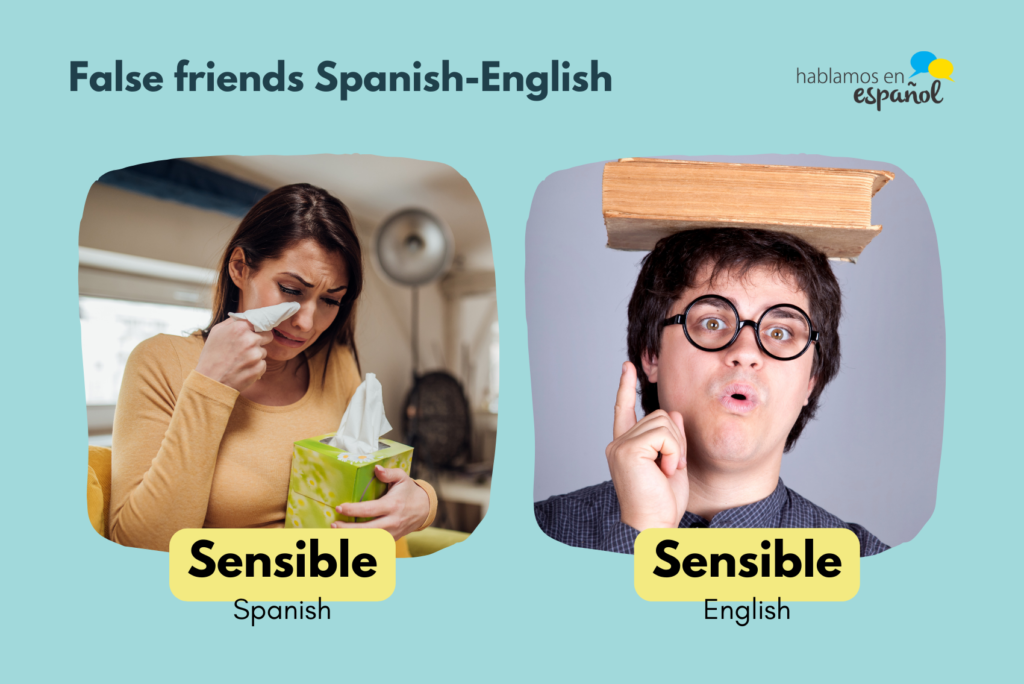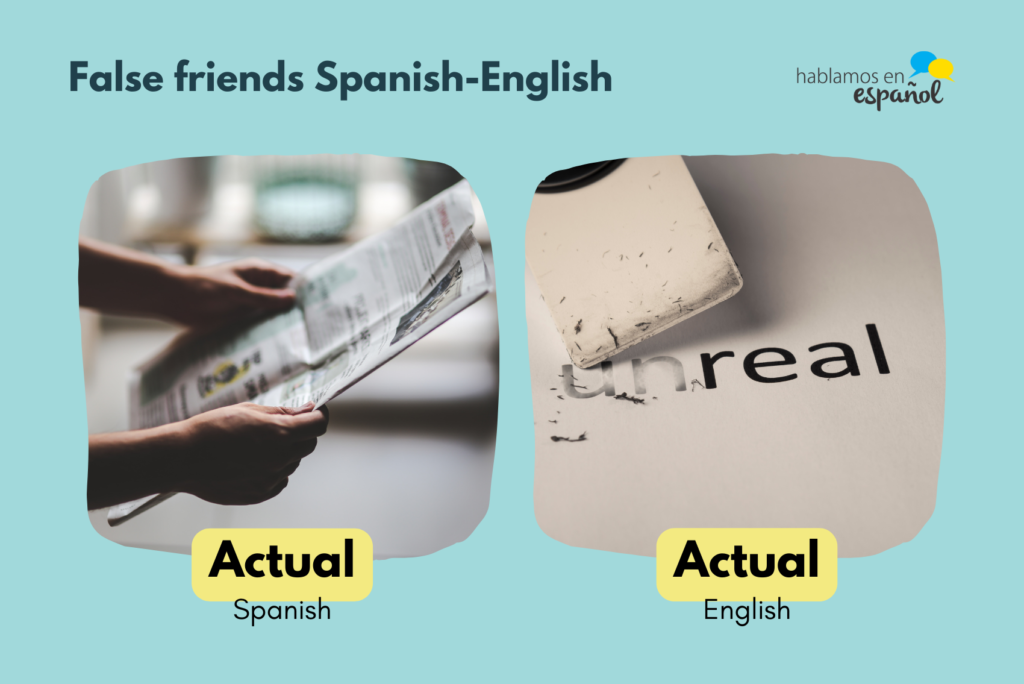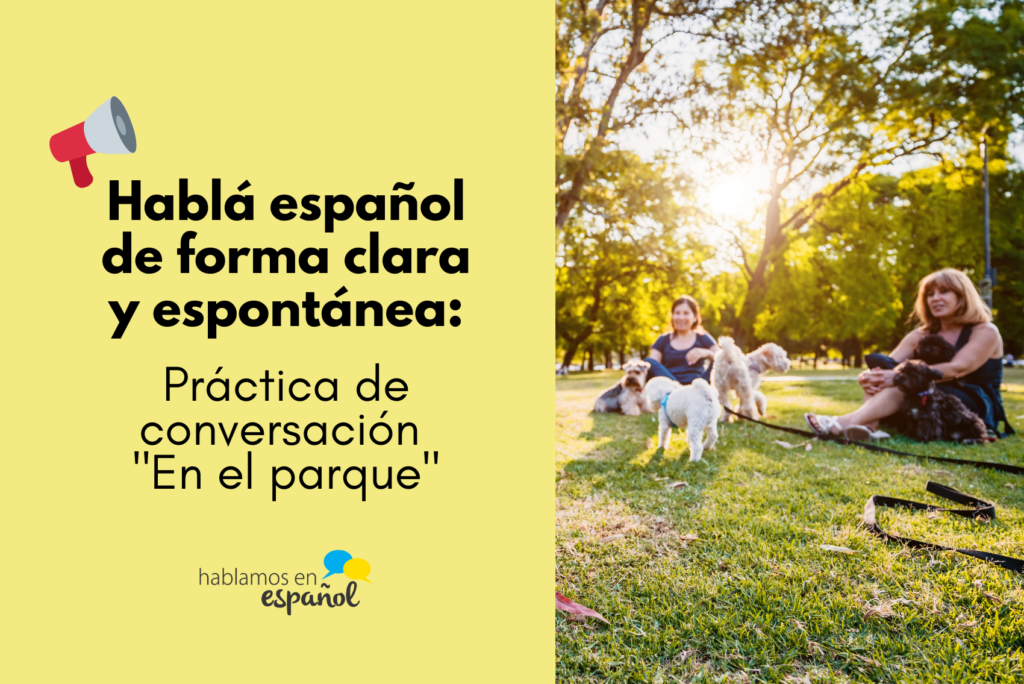Learning a new language is an exciting adventure, but it often comes with unexpected challenges. For English students venturing into the realm of Spanish as a foreign language, one peculiar hurdle arises: false friends. These linguistic traps, words that appear similar in both languages but have different meanings, can lead to amusing or even embarrassing situations. In this article, we will explore some common false friends between English and Spanish and provide insights to help learners steer clear of linguistic mishaps.
1. Embarazada is not Embarrassed
The false friend “embarazada” is a classic example of how misleading similarities can lead to humorous misunderstandings. In Spanish, “embarazada” means “pregnant,” while in English, “embarrassed” signifies feeling awkward or self-conscious. Imagine the confusion when an English student, attempting to express their embarrassment, instead declares their pregnancy! This false friend reminds us to tread cautiously and verify meanings before using a word in a different language.

2. Sensible
Another false friend pairing that often catches English learners off guard is “sensible” and “sensitive.” In English, “sensible” typically denotes practicality or reasonableness, while “sensitive” implies being easily affected or emotionally responsive. However, in Spanish, “sensible” means sensitive, and “sensato” translates to sensible. This deceptive duo reminds us of the importance of context and careful consideration when using words that seemingly share common ground.

3. Actual
The false friend “actual” is a frequent pitfall that trips up English speakers. While in English “actual” means “real” or “existing in fact,” in Spanish it signifies “current” or “present.” So, when an English student exclaims, “The actual president is visiting today!” Spanish speakers may be puzzled, as they interpret it to mean “The current president is visiting today!” Understanding these false friends can help students avoid unintentional inaccuracies and misinterpretations.

4. Realizar is not Realize
Similar-sounding words like “realizar” and “realize” can lead to confusion for English learners. While “realize” in English refers to becoming aware of something, “realizar” in Spanish means “to carry out” or “to accomplish.” Therefore, using “realizar” to convey a realization might leave Spanish speakers perplexed. Remembering that these false friends can have vastly different meanings helps learners maintain clarity in their communications.

5. Librería vs Library
Beware of the deceptive “librería”! In Spanish, “librería” translates to “bookstore” rather than “library.” The English word for “library” in Spanish is “biblioteca.” Imagine the surprise of an English student, expecting a quiet place to study, when they walk into a “librería” only to find themselves surrounded by books for sale! This serves as a gentle reminder that false friends can hide in plain sight, demanding extra vigilance while building vocabulary.

Learning a foreign language offers numerous rewards, but it’s crucial to navigate the treacherous territory of false friends. English students studying Spanish must be mindful of these linguistic traps, as they can lead to amusing or awkward situations. By remaining vigilant, verifying meanings, and considering context, learners can overcome these challenges and communicate effectively in their target language. Embrace the journey of language learning, armed with knowledge and a sense of humor, and the false friends between English and Spanish will no longer hold you back. ¡Buena suerte! (Good luck!)
I’m Anabella, a certified Spanish teacher and DELE examiner from Argentina.
I have a degree in Spanish Linguistics and Literature, and I am currently continuing my career as a linguist doing research in Spanish grammar.
If you love learning about new cultures, you need Spanish for your job or you want to prepare yourself for an exam such as DELE, SIELE or CELU… you are in the right place!




